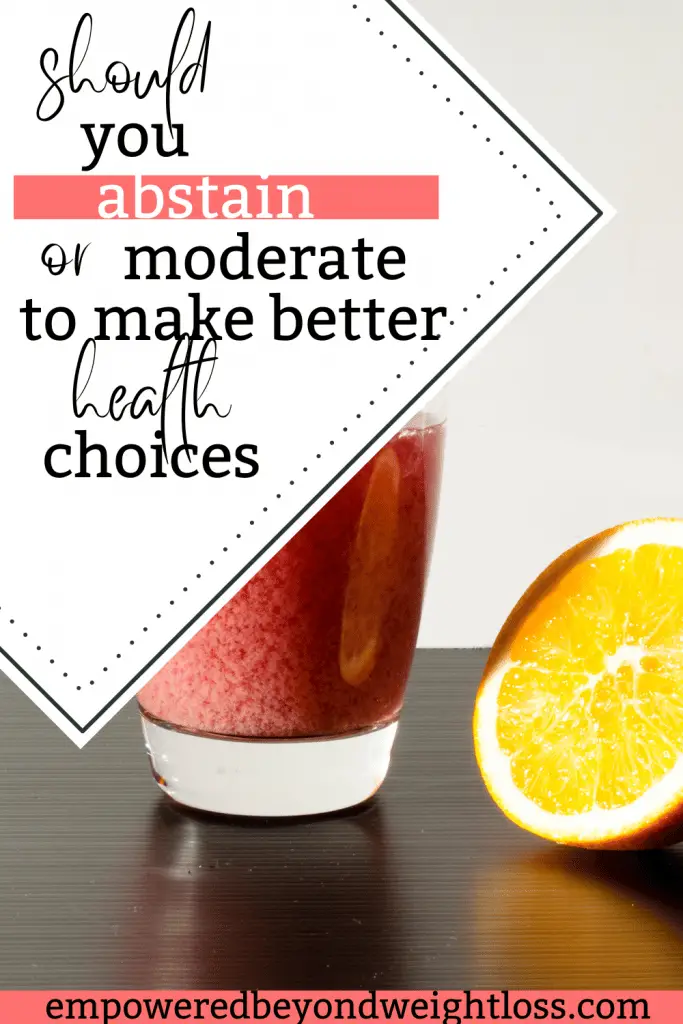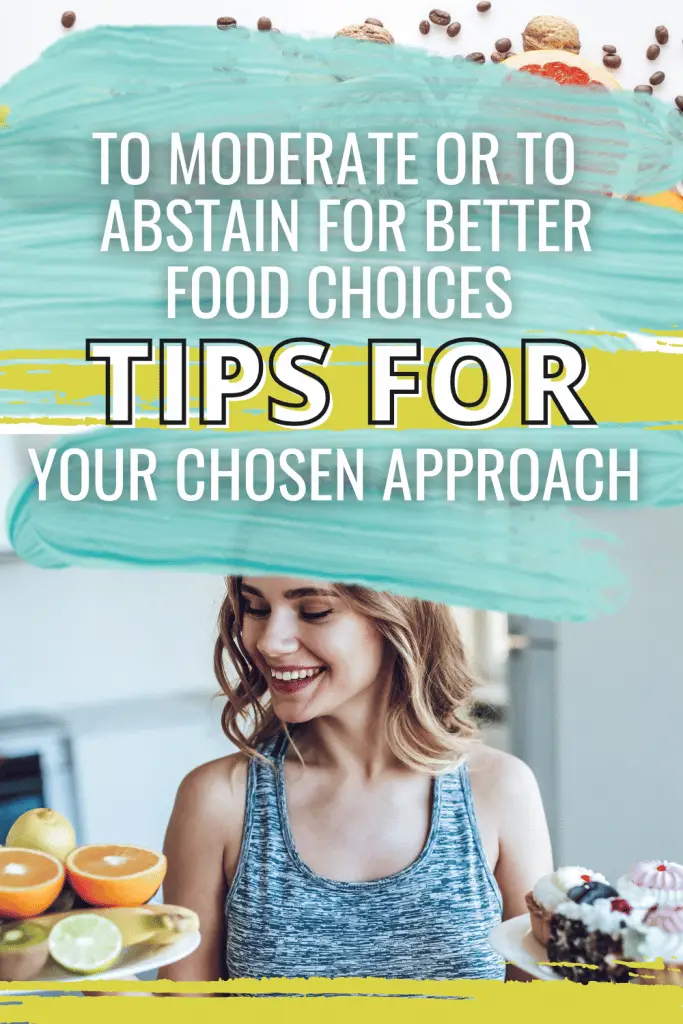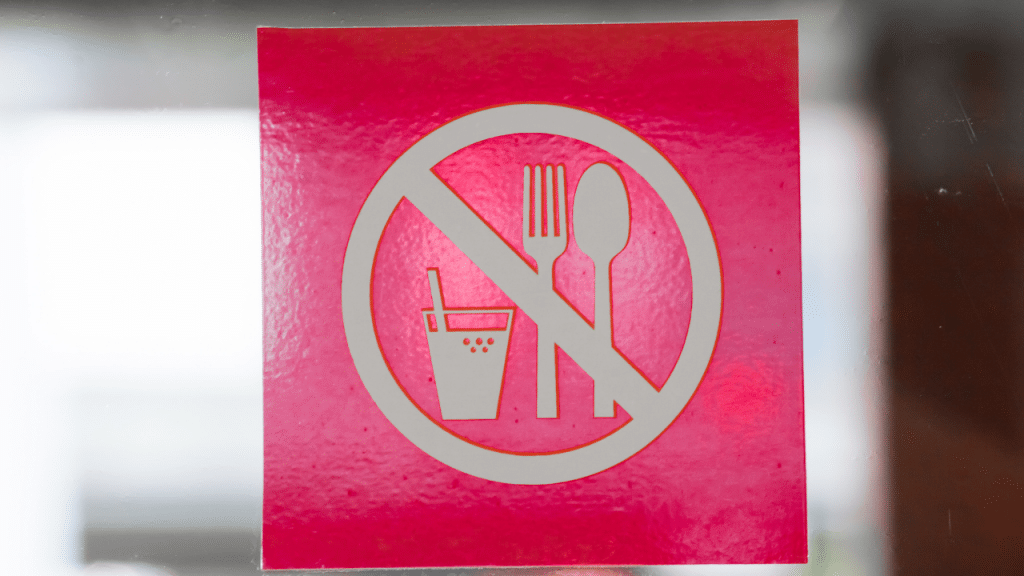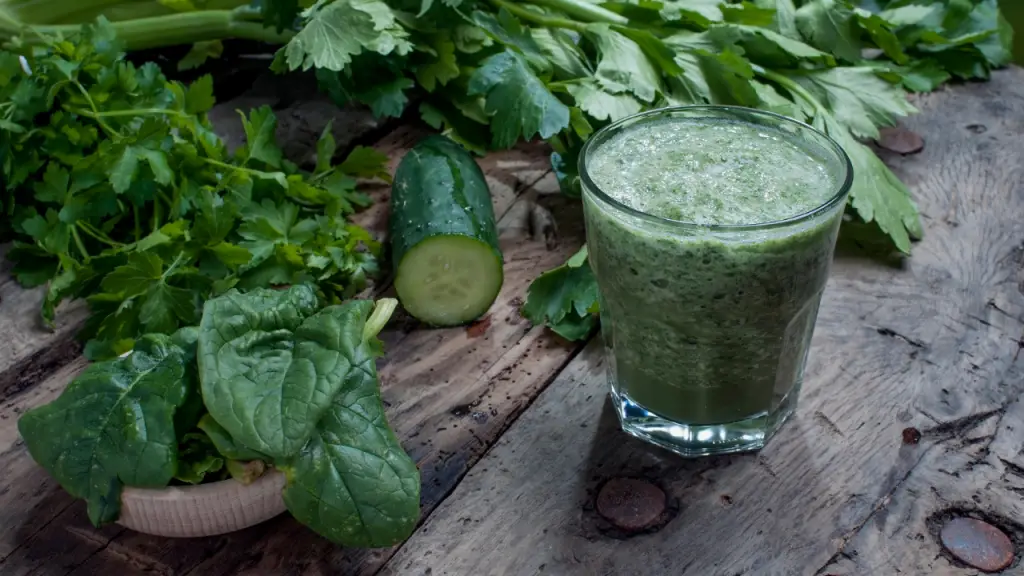This post about abstinence vs. moderation was written for me as much as it was for you. Many of us have to reevaluate constantly when and why to abstain or not abstain from making better food choices over time. The goal here is to provide you with some guidelines you will be able to refer back to when it’s time to reevaluate again.
To Abstain or to Moderate: That Is the Question
The choice between abstinence vs. moderation is NOT usually one with a black-or-white answer (unless you have had an addiction issue). That’s why we will look at various guidelines that will guide your food choices as needed.

The Case for Abstinence
Some foods are not as nutritious and don’t help you feel and look your best, and you know that. For example, cakes and desserts, chips, bread, pasta, etc. However, they taste good and may give you a temporary dopamine high. They make you feel good. When something feels good, it can be really hard to moderate. In some cases, you will find it impossible.
Why Abstinence Is Better
When you abstain, you don’t have to negotiate with yourself ever! The behavior is not an option, eliminating the internal struggle and helping dismantle some associations in your brain.
Abstinence and Addictions
Complete abstinence is helpful in cases of addiction. Your brain may be wired so that when you start consuming a specific food, or even any food, you can’t stop. I speak from experience because I tend to arbor some addictive behaviors myself. That’s why intermittent fasting was the only way I could lose weight. Instead of trying to moderate my food intake, I made my eating window short enough that I would naturally have a calorie deficit. I didn’t have to wonder when or how much to eat. I didn’t have to try to moderate. I would abstain completely from food.
Just be aware that when you tend to addictions, abstinence from one thing may mean that you will transfer your addictive tendencies to something else (we will talk about that in the next section).
Abstinence and Rewiring Your Brain
Even if you don’t struggle with addictions, you may have created some associations in your brain that make it difficult to use moderation. For example, if you enjoy scrolling social media but are trying to limit screen time, you may need to abstain from social media for a few weeks to create new associations. If sugar has become a comfort food you need to feel happy, maybe you should abstain completely to reset your taste buds and discover new foods you enjoy.
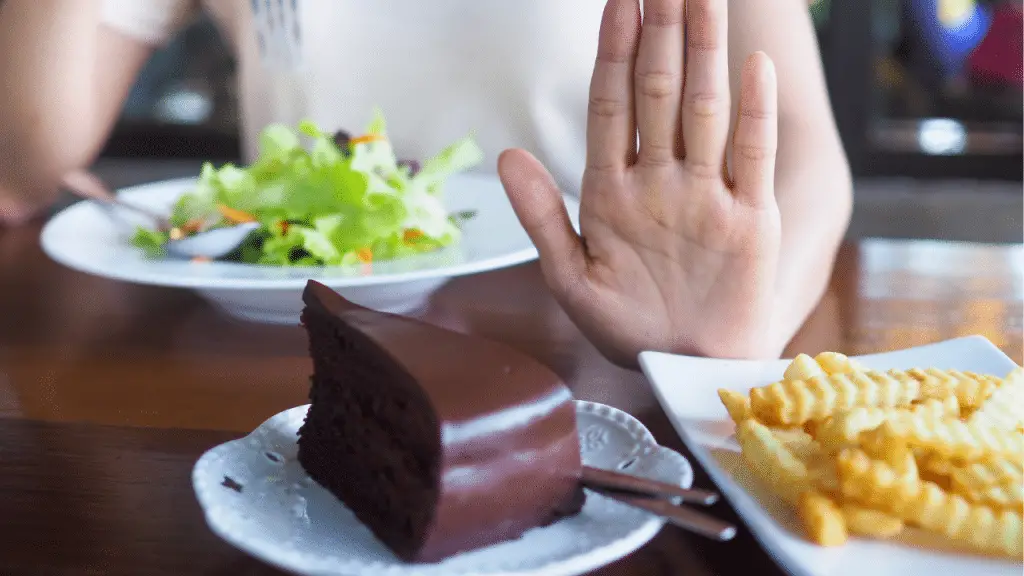
How to Abstain
How to abstain may seem obvious: avoid the food completely. Well, yeah, that’s true. I do have some tips, though. I tried to abstain from various foods many times over and failed. It doesn’t mean you will but if you do, consider intermittent fasting as an option. For me, the cravings were too powerful to conquer. It’s almost like intermittent fasting healed my body enough, so I did not have to rely solely on willpower. Now, I find I can pick foods to avoid and be successful. Here’s what I recommend when you decide to abstain from something:
- Make sure you know why. It could be because you can’t moderate and want to rewire your brain. It could be because you want to see what happens and if you feel different. Whatever the reason, ensure you have one that will help you stick to your goal.
- Pick a realistic timeframe. In most cases, it will be helpful to pick temporary abstinence goals. For example, if you decide to avoid flour and sugar, decide that you will do it for 3 weeks and reevaluate after.
- Pay attention to your body’s cues. During the process, take notes, take pictures, pay attention to how you feel, sleep, etc. Noticing changes will be a powerful motivator; those notes will help you make the best decisions when you reevaluate.
When you decide to abstain from something, give yourself grace. If you fail, you can start over. If you can never seem to stick to your goal of abstaining, maybe you need to look at other options like moderation or abstaining from something else that helps you more (like I did with intermittent fasting).
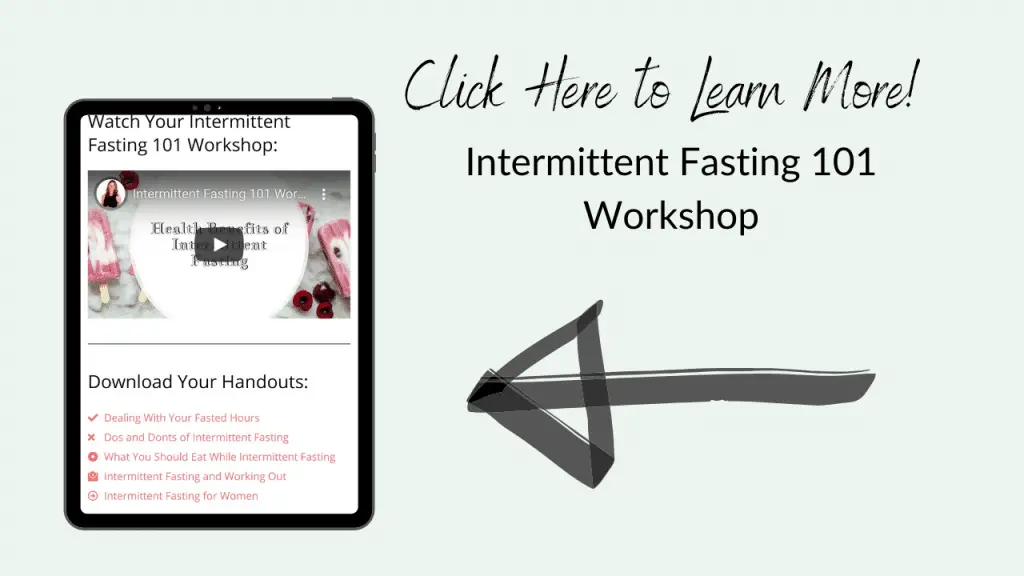
The Case for Moderation
Sometimes, abstinence isn’t an option, or it isn’t necessary. Your body doesn’t need you to avoid sugar completely to thrive. You don’t have to stop buying clothes forever or give up social media. Moreover, abstaining completely in one area may cause you to displace your addictive tendencies in other areas.
Why Moderation Is Better
Complete abstinence can lead to deprivation. If you try to avoid something completely, you build up a greater desire for it. Eventually, you give in to the desire and the deprivation with even more abandon.
Allowing yourself to gratify your desire in moderation can add to your quality of life and avoid the feeling of deprivation that leads to overcompensation.
Letting Go of the All-Or-Nothing Mentality
I am leary of health coaches who advise everyone to avoid certain foods or practices. Our job as health coaches is to help people find what works best for them, not to tell them what to do. I can’t think of one thing that works for everyone. I tend to steer clear of blanket statements about health. It would be best if you kept an open mind when improving your life. You will find that the all-or-nothing mentality rarely serves you. Many things are good in moderation and harmful in excess. Learning to find balance is how you live life.
A Word About Addictions
No one would ever tell a former alcoholic to learn to use alcohol in moderation. It’s clear in this situation that abstinence is preferable. However, many other similar issues are not as clear. What about a shopaholic? Can she never shop again? Many people struggle with multiple forms of mild addictions. By addictions, I mean behaviors that can’t seem to control because of the high they get from it. Abstaining may help temporarily, but it may also cause you to look for this high elsewhere. Be careful! For example, I used to use food to soothe myself. After gaining victory over food cravings using intermittent fasting, I started drinking more wine and shopping online. Be aware of your behaviors as a whole. Don’t just focus on one aspect of your life to the detriment of others.

How to Moderate
When abstaining is unnecessary, or if it isn’t working, you may decide that moderation is best.
Make Your Decisions In Advance
When you decide to moderate, the key is to make all your choices in advance. Predetermine exactly what foods or behaviors require intentional moderation. Furthermore, ensure you are clear about how much you allow yourself and under what circumstances. Then stick to these decisions to the best of your abilities.
When to Reevaluate Your Abstinence Vs. Moderation Choices
The choice between abstinence vs. moderation for your food choices most likely won’t be a permanent one. One approach that works at one time will not necessarily work forever! You must constantly reevaluate your choices and keep a curious mind.
Be Curious
Most of your decisions should not be forever decisions. Always keep a curious mind and be open to changing whatever decision you may have made if it is no longer serving you. Most of us have no single approach to health and longevity. There isn’t one path that guarantees the best outcome.
For example, yes, we know that avoiding sugar is more healthful for your body. However, what about the mental and psychological benefits of being able to savor a piece of homemade dessert with cherished friends and family members?
Yes, maybe complete abstinence is your best option, temporarily or forever, as the case may be. Or maybe you can adopt moderation down the line. There is no reason to fix what’s not broken, but burdening yourself needlessly can become an issue, particularly if you notice you overcompensate in other areas of your life.
Abstinence Vs. Moderation for Your Food Choices Video
In Summary
Choosing between abstinence and moderation when making food and lifestyle choices is fluid. Food is not moral or immoral (for most of us). Diets are not right or wrong. Instead, we should use food as a tool to reach our health goals. Diets and their guidelines help us learn how our body works, but we need to keep an open mind and realize they are not set in stone. An approach that works at one time may not work forever. It’s important to pay attention to our bodies cues and avoid getting attached to one “right way” to do things.
Have fun! Life is a journey, not a destination!
